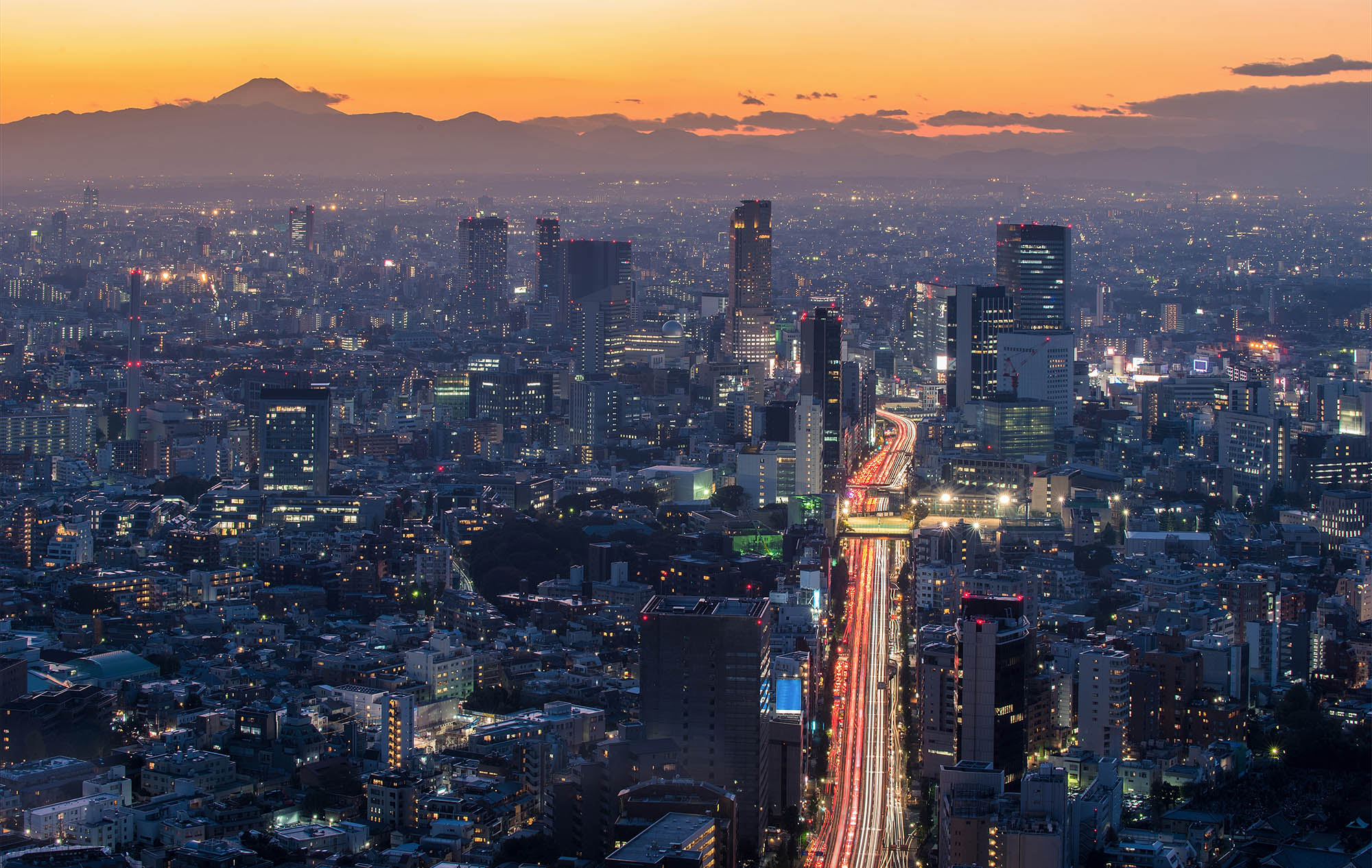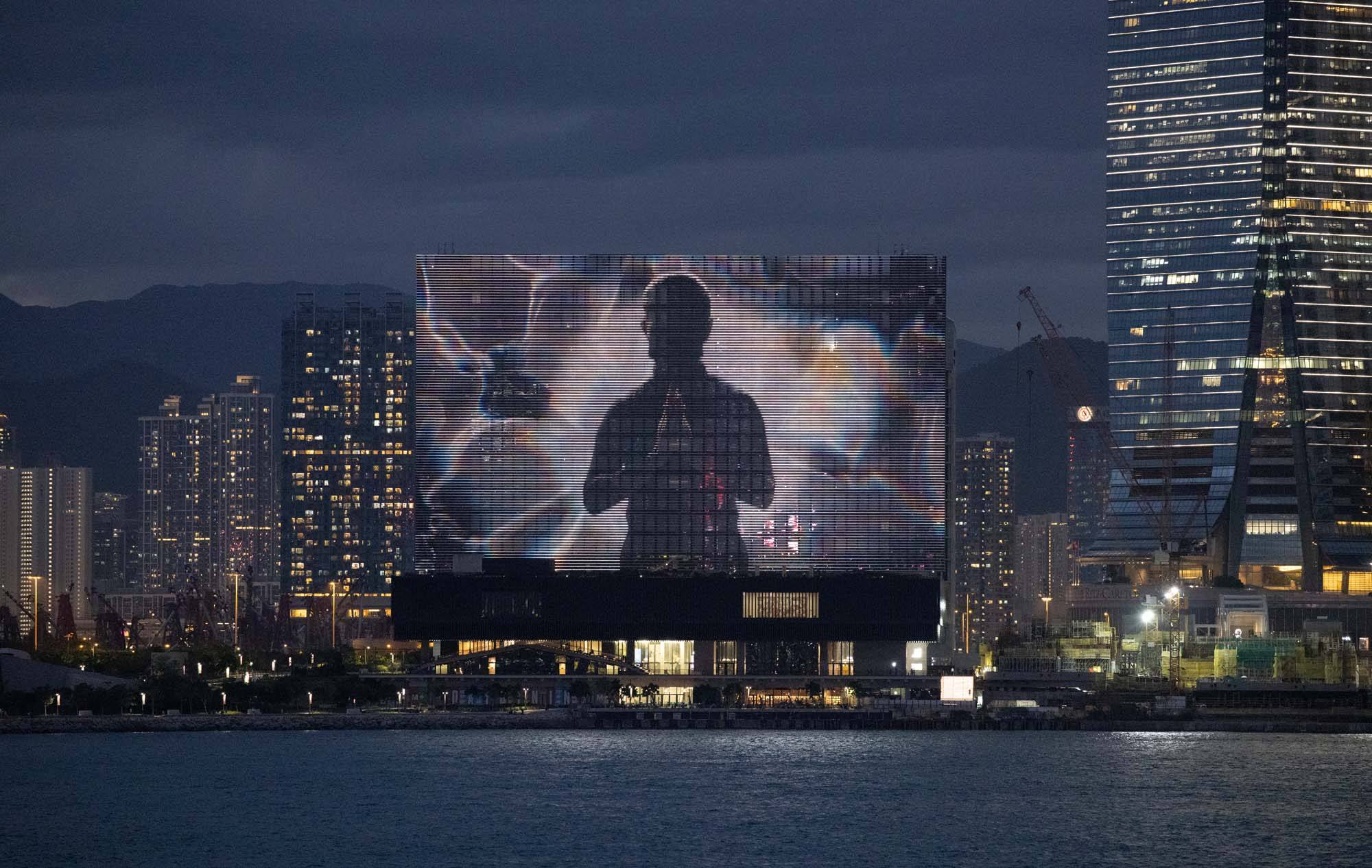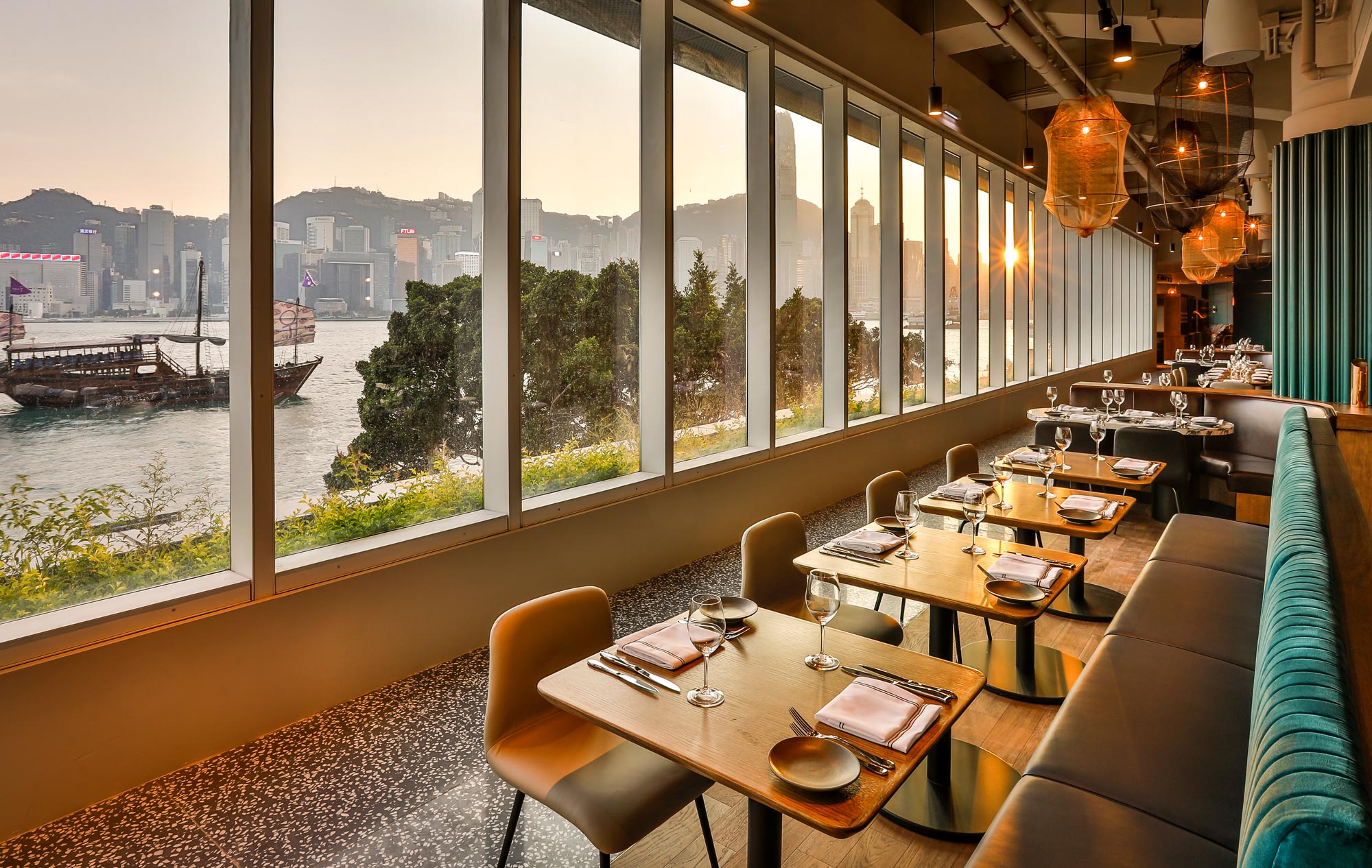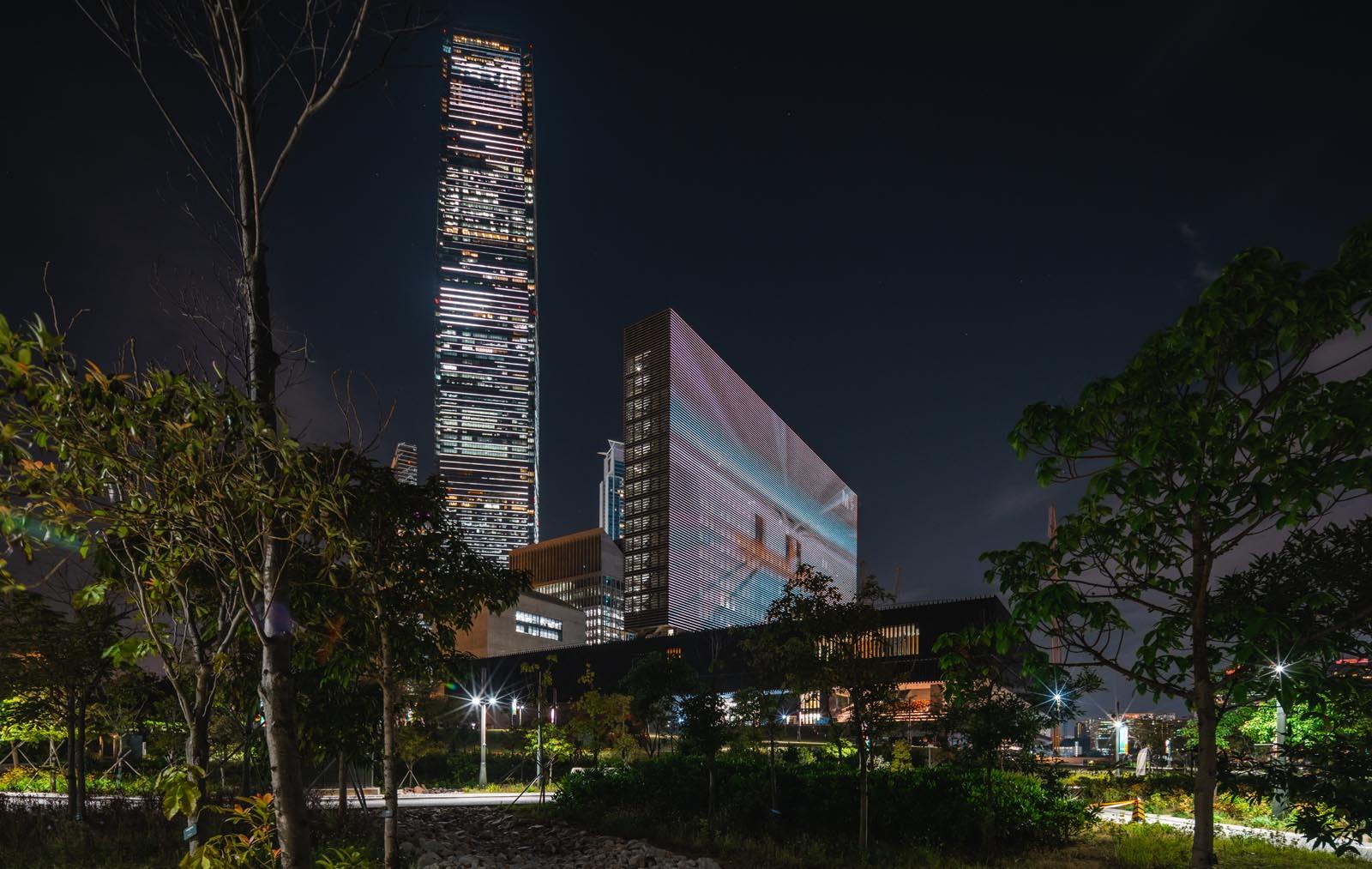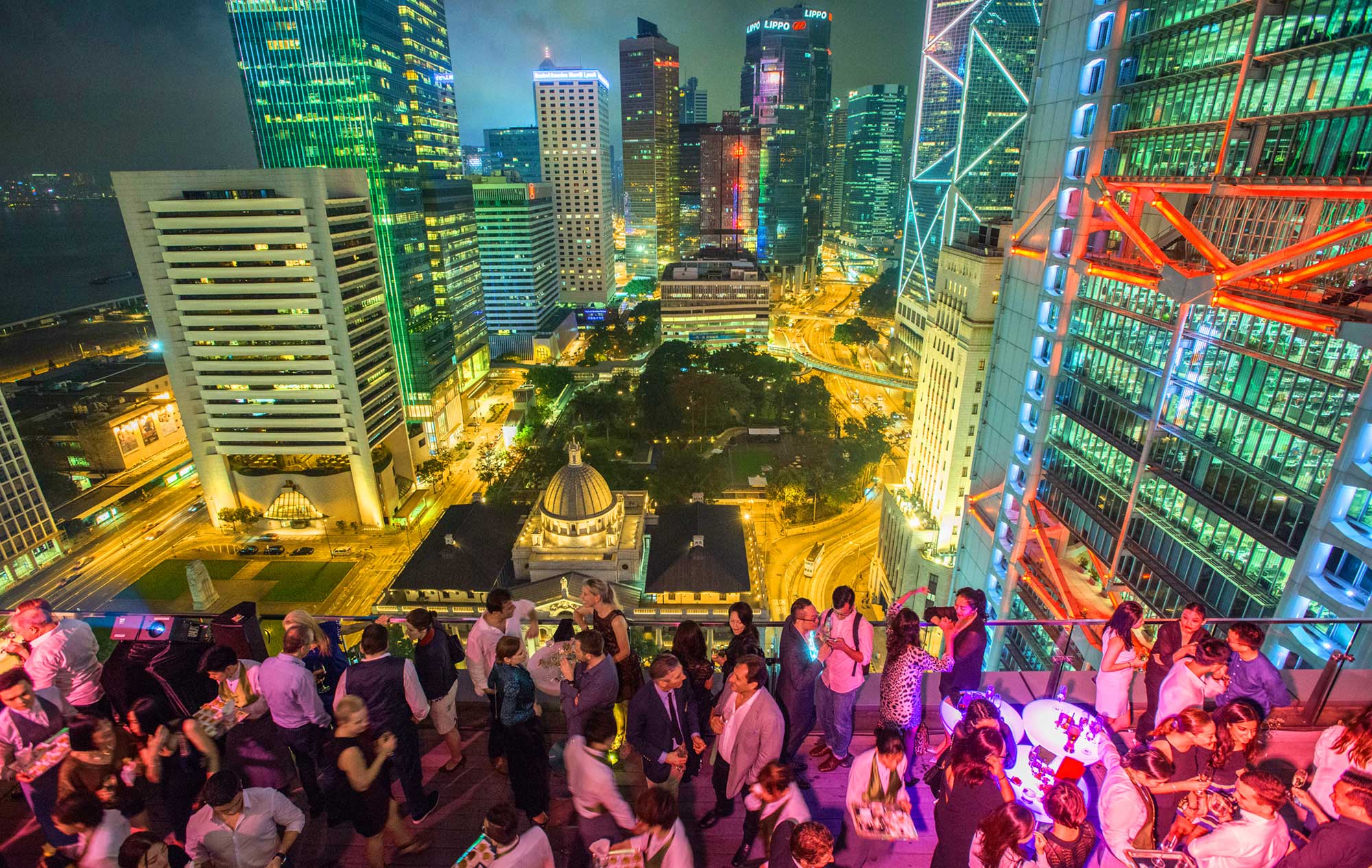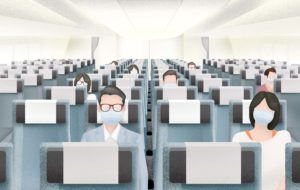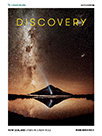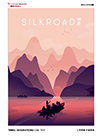It’s a crisp autumn day in Tokyo. White-collared workers roam the Roppongi Hills complex in central Tokyo just like any other work day. However, the walls near the complex’s Toho Cinema have been covered with small posters of films from all over the world. A box office and an outdoor café have been set up in a section usually reserved for pop-up exhibitions. The corridor to the complex from the Hibiya Line subway station is lined with pictures of celebrities and directors.
Every October, Roppongi Hills doubles as Japan’s film capital for ten days with the Tokyo International Film Festival. Now in its 30th year, it’s one of the world’s most respected film festivals, attended by some of the greatest figures in world cinema. This year saw visits by people like Tommy Lee Jones (this year’s competition jury president), American director Steven Soderbergh, French director Arnaud Desplechin, Chinese actor-director Vicki Zhao (also on the jury), plus a slew of local stars and film talents.
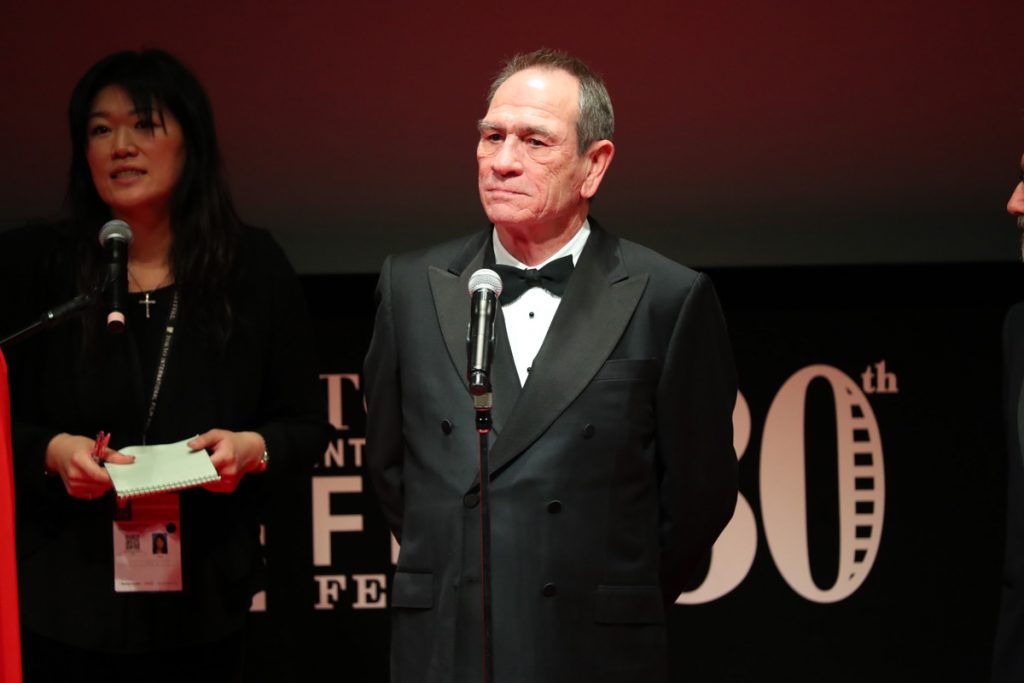
The event commandeers multiple venues, including the Toho Roppongi Hills Cinema and the 940-seat Ex Theater – just across the street from Roppongi Hills – for its most prominent screenings and the closing ceremony. There are also open-air screenings between the West Walk building and the headquarters of TV Asahi, open to audiences for free.
With just over 200 films over the course of ten days, Tokyo has a smaller lineup than the Busan International Film Festival, usually held a few weeks earlier. TIFF compensates for that with a stronger official competition programme, tighter curation and an emphasis on Japanese cinema.
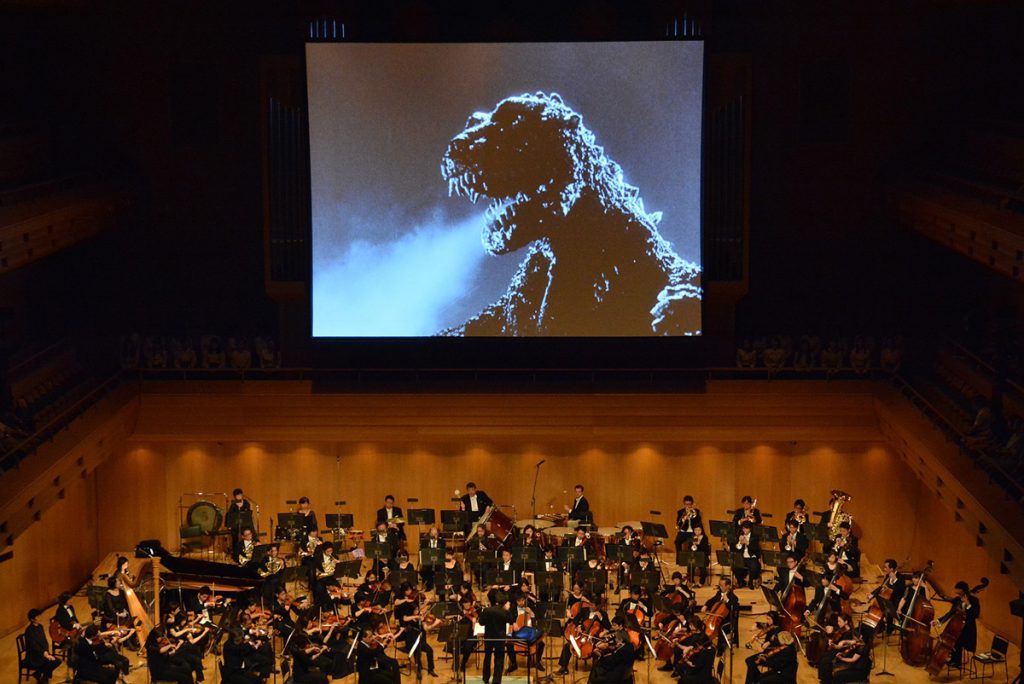
Nearly all the seats of public screenings are available to the general public. The ticketing system once again faltered under heavy web traffic on the first day of ticket sales this year, but it is available in English for non-Japanese speakers. The festival is also eco-friendly, using QR codes instead of traditional paper tickets for entry.
If you’re planning to attend next year, don’t wait too long to buy tickets. All the public screenings are well-attended, including on weekdays. Films in the main competition and special screenings section were among the fastest to sell out. Also popular were the all-night film marathons, including one on the late George Romero, one for the Saw series and one aimed at female audiences.
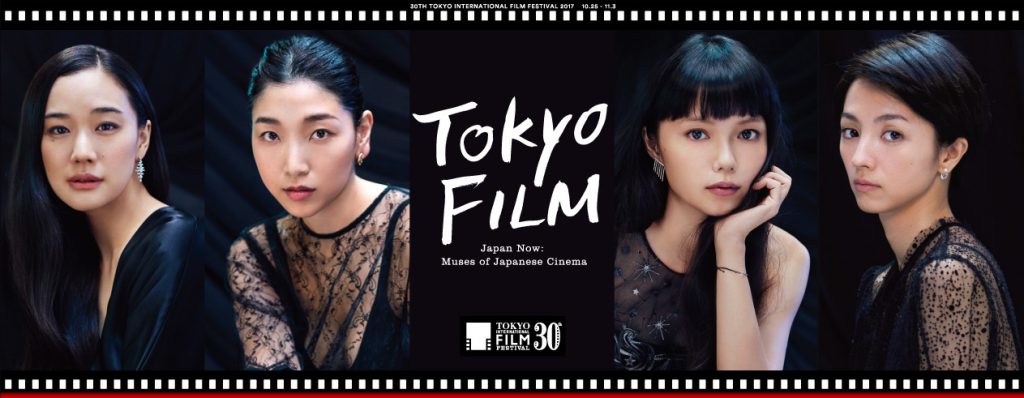
Saturday night is also the time to partake in the notoriously crazy annual Halloween madness that involves fancy dress and in Shibuya, street parties. It’s the unofficial annual sideshow of TIFF that some festival guests enjoy – as long as they don’t have an early meeting the next morning.
TIFF is one of the few chances for non-Japanese speakers to see Japanese films with English subtitles in Japan. The festival staff work hard to make everything accessible to English speakers, providing interpreters for nearly all Q&A sessions, post-screening talks and side events. When I was only one of the two non-Japanese speakers at the post-screening talk at Three Billboards Outside Ebbings, Missouri, the Martin McDonagh-directed drama about a grieving mother who raises a whole town’s attention with three provocative billboards, I was asked to sit next to an interpreter who gave simultaneous translation.
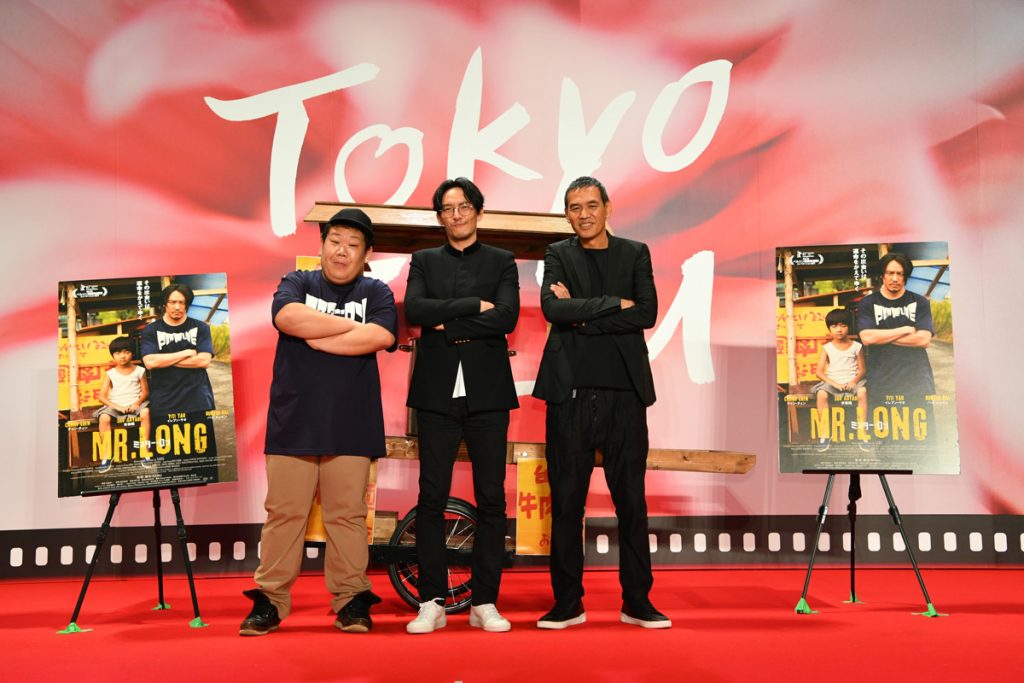
The festival organises a large number of Q&A sessions with those involved with the films or post-screening talks hosted by film critics. The idea is to cultivate the audiences’ appreciation for film art and help them understand what they have seen. There are also obligatory photo opportunities for fans – I sat in the centre as giddy fans around me snapped photos of Taiwanese star Chang Chen at a pre-screening greeting before Mr. Long, an amusing thriller about a hitman from Taiwan who starts a beef noodle stall in a small Japanese town while hiding from his enemies.
Most importantly, Tokyo has possibly the most courteous film audience in the world. Viewers barely make a sound and never check their phones in the middle of the films. About 99% of the audience stay in their seats until the end of the credits, using the last several minutes to take in the film. When the lights come back on at the very end, people slowly put their jackets back on, patiently waiting for their turn to file out of the cinema. It was as if people needed to take the time to extract themselves from the imaginary world of cinema before stepping back into reality.
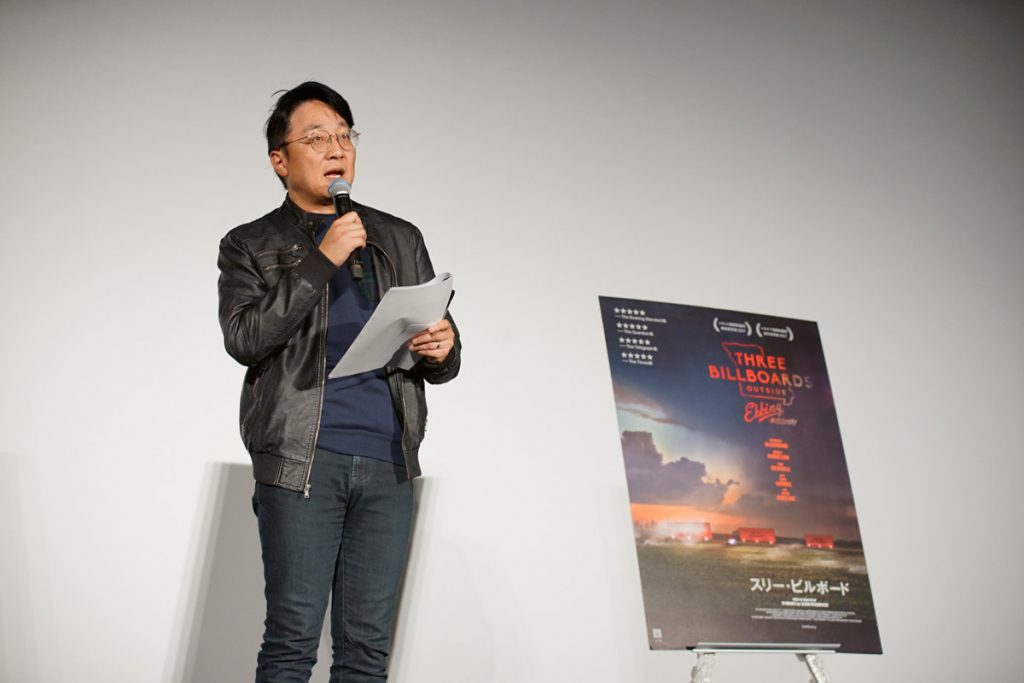
Cathay Pacific flies to Tokyo from Hong Kong 49 times a week.



